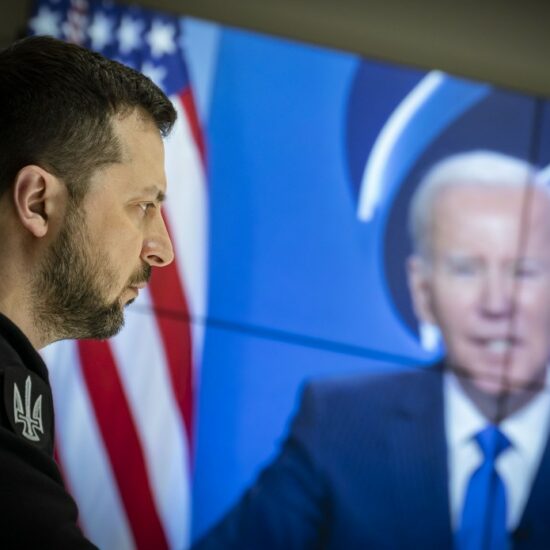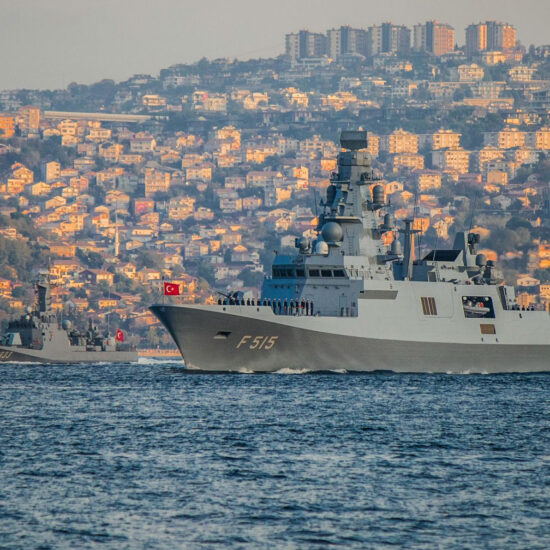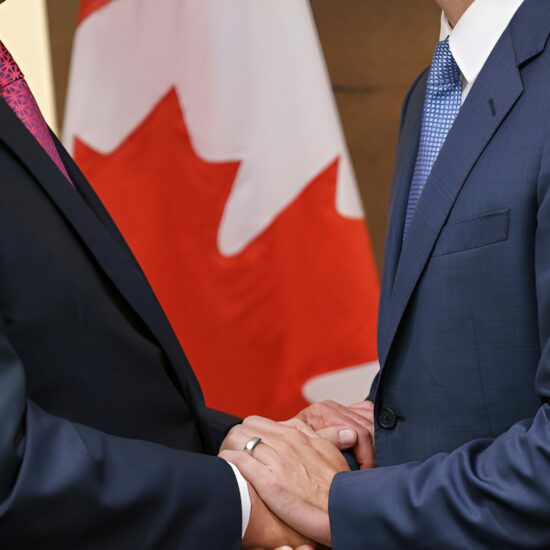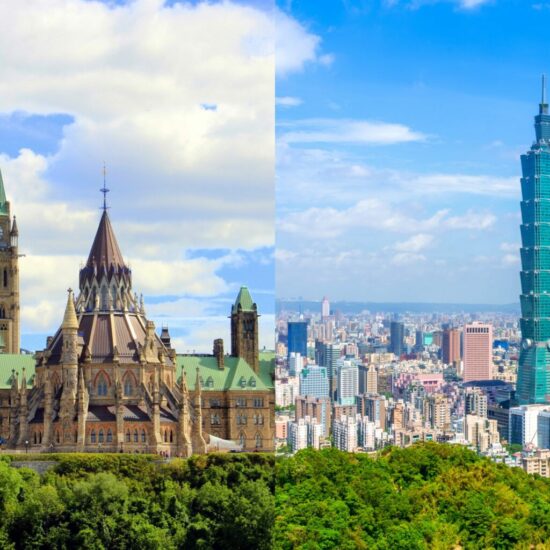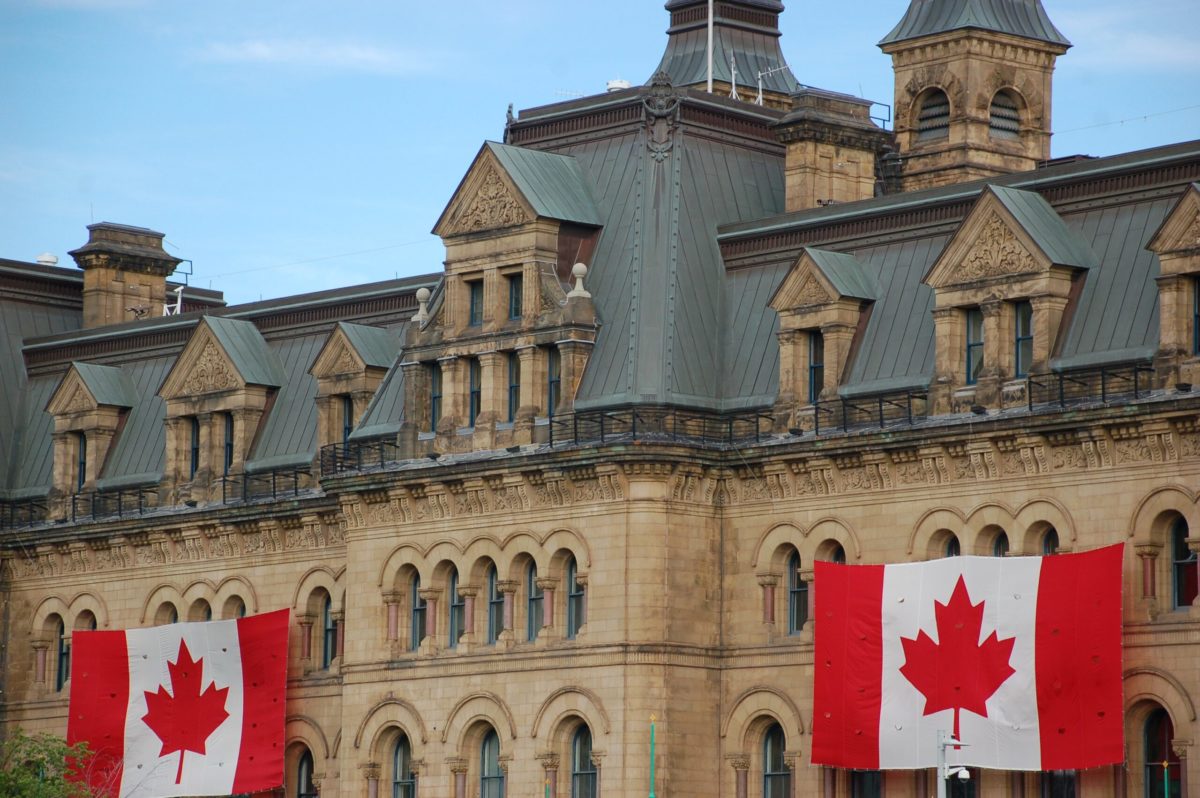
Image credit: Chelsey Faucher
Canada is undoubtedly in for a challenging year ahead. The ongoing pandemic and a transition in the White House will take up much of Canada’s attention throughout 2021. A Biden administration has revived hopes for a solution to the Meng Wanzhou case, which could lead to the release of two Canadians detained in China since 2018, and an overall ease in Sino-Canadian tensions. In the Middle East, 2021 will mark the end of a five year and $3.5 billion Engagement Strategy. Also on the docket will be addressing climate change, where special attention should be paid to its effect on Arctic security both domestically and internationally.
With the second wave of COVID-19 in full swing and case numbers soaring across multiple provinces, Canada’s first major priority will be tackling the pandemic. Despite Canada’s purchase of more vaccine doses per capita than any other country in the world, distribution of the vaccine has been met with criticism for moving too slowly, with reports of thousands of doses sitting idle in freezers.
Following a failed UN Security Council bid, Canada can spend the next year working to reinvigorate its role on the international stage by engaging in health diplomacy. This could take the form of playing a leading role as a friendly and productive global actor in reforming multilateral institutions such as the World Health Organization (WHO). It could also mean actively engaging in international vaccine distribution to ensure equitable and efficient access for countries less equipped to deal with the pandemic.
When not focusing on the pandemic, Canada will be busy adjusting to the incoming US presidential administration. Given Canada’s reliance on its southern neighbour and primary ally, its foreign policy will continue to reflect and be constrained by decisionmaking in Washington. The shift from President Donald Trump to President-elect Joe Biden is expected to usher in a warming in relations that have become strained throughout the past four years. In fact, even Canadians’ perception of Americans has suffered, with public opinion studies showing that only 60% considered the US to be a friend in 2020, as opposed to 89% in 2013. This week’s unrest in Washington is a case in point that it may be high time for Canada to work toward reducing its reliance on the US, given that another unpredictable leader could only be four years away.
While Trump’s departure will mark a move away from the tariffs that have defined bilateral trade since he took office, Biden’s “Buy America” program is also expected to prioritize the American market over Canada’s. An effort to instead promote “Buy North American” could help mitigate some of the impact. With respect to the newly implemented Canada-United States-Mexico Agreement (CUSMA), Canada will need to play a leading role in supervising the deal to avoid potential trade disputes. Canada’s other trade priorities will be the negotiation of a new trade agreement to succeed the interim deal signed late last year intended to mitigate tariffs that would be re-imposed once the UK officially left the EU on December 31, 2020.
Canada’s relationship with China will remain a focal point this year. A recent report by the Wall Street Journal suggests progress has been made on the case of Huawei CFO Meng Wanzhou who was arrested in Canada on an extradition treaty with the US. This could present an opportunity to secure the release of two Canadians who have been detained in China since 2018 (in what some consider to be a response to Meng Wanzhou’s arrest).
The incoming Biden administration is expected to take a less aggressive approach to China, which would allow Canada to increase its engagement with the world’s second largest economy. However, this will likely not reverse the larger trend of Sino-Western competition and Canadian dependence on the US for its China policy. In a report released last November by the Canadian International Council, Director of the China Institute at the University of Alberta, Gordon Houlden, wrote that “Ottawa will continue to face pressure from Washington to adjust its China policies to minimize US discomfort. These pressures will fluctuate in response to the ups and downs of US-China relations and will remain a significant factor in Canadian foreign policy calculations.”
As the effects of climate change continue to become increasingly apparent, calls for the inclusion of a climate change component to Canadian foreign policy have grown louder. Last year, Lt.-Gen. Wayne Eyre, a Canadian Armed Forces commander, warned that if the growing number of floods and fires “becomes of a larger scale, more frequent basis, it will start to affect our readiness” to address traditional national security concerns. The focus on climate change will be important no less because of Biden’s commitment to rejoin the Paris Agreement and support environmental initiatives such as the Green New Deal.
In Canada’s North, the effects of climate change have become increasingly apparent. While Canada has increased its efforts to secure and develop its vast Arctic region over the last decade, it still trails behind other Arctic states. Currently, Canada’s Arctic Policy within its Northern Policy Framework focuses partially on “promoting [its] interests and sovereignty in the Canadian Arctic.” The Canadian Armed Forces engage in the yearly Operation NANOOK, with one of the key aims of defending and securing the Canadian North. However, in order to develop a stronger presence in a region quickly growing in geopolitical importance, Canada will need to continue to work with the Arctic Council, an intergovernmental organization that serves a critical role as a forum for cooperation between Canada and other Arctic states. Canada will also need to make further investments in order to protect Canada’s sovereignty and security in the Arctic.
On the other side of the globe, Canada will see two major milestones in its relations with the Middle East. Canada’s five-year Middle East Engagement Strategy, which has worked to address the crises in Iraq and Syria, is set to end in 2021. Also expiring this year is the Canadian Armed Forces mission to Iraq, Operation IMPACT, which supports NATO in working towards keeping Iraq stable and secure.
In Afghanistan, ongoing peace talks have stalled, and former Canadian ambassador Chris Alexander has warned that over a decade of Canadian efforts to stabilize the country could be lost if Canada ceases to actively support the discussions. In November 2020, Canada pledged $270 million over the next three years in developmental assistance to Afghanistan in order to build its self-reliance.
Facing multiple urgent challenges pulling Canada in different directions, 2021 may turn out to be one of the more difficult years for a cohesive Canadian foreign policy. If able to successfully address the pandemic and a rocky presidential transition in the US, Canada will find its relationship with China, its Middle East strategy, addressing climate change and securing its Arctic as the next critical items on its foreign policy to-do list.





